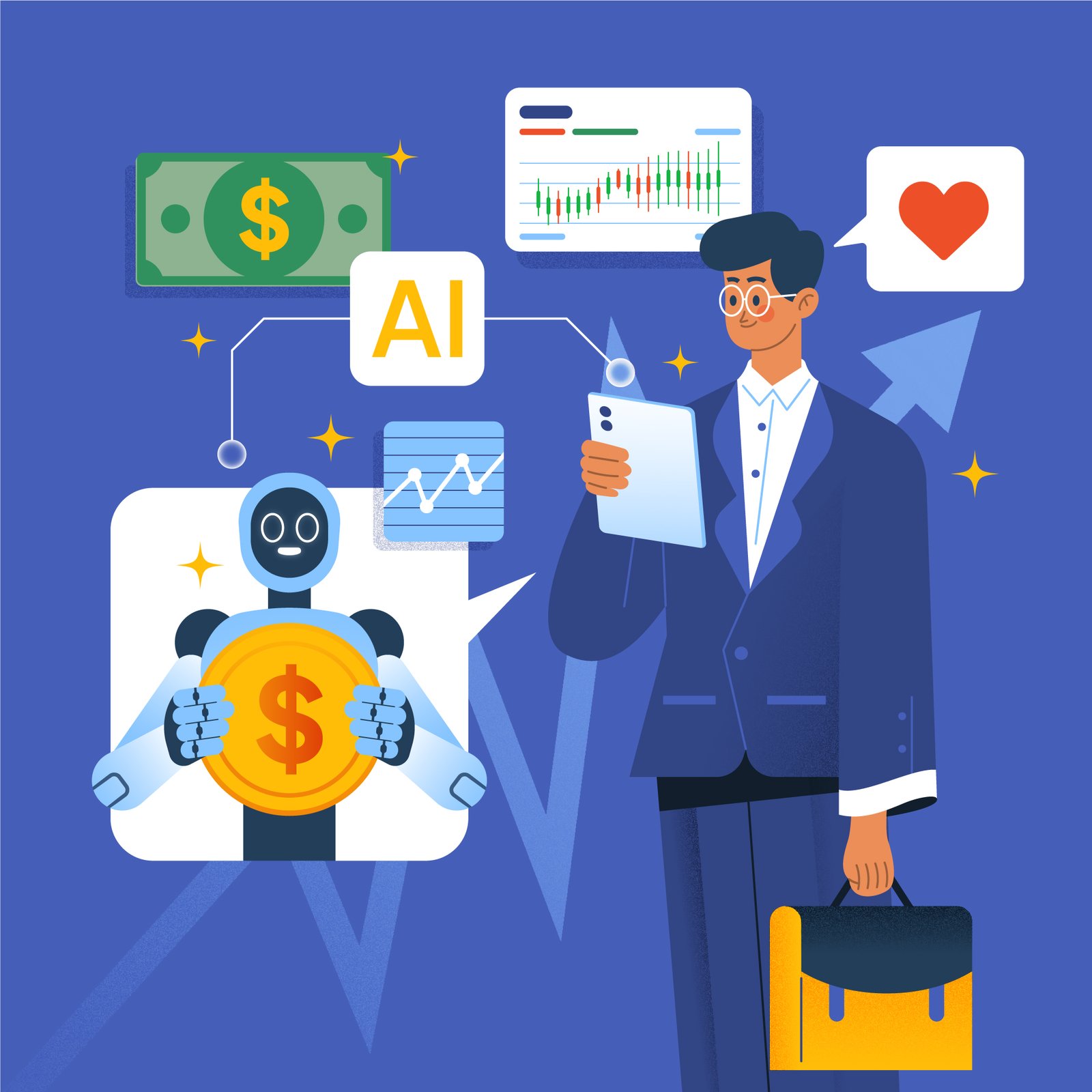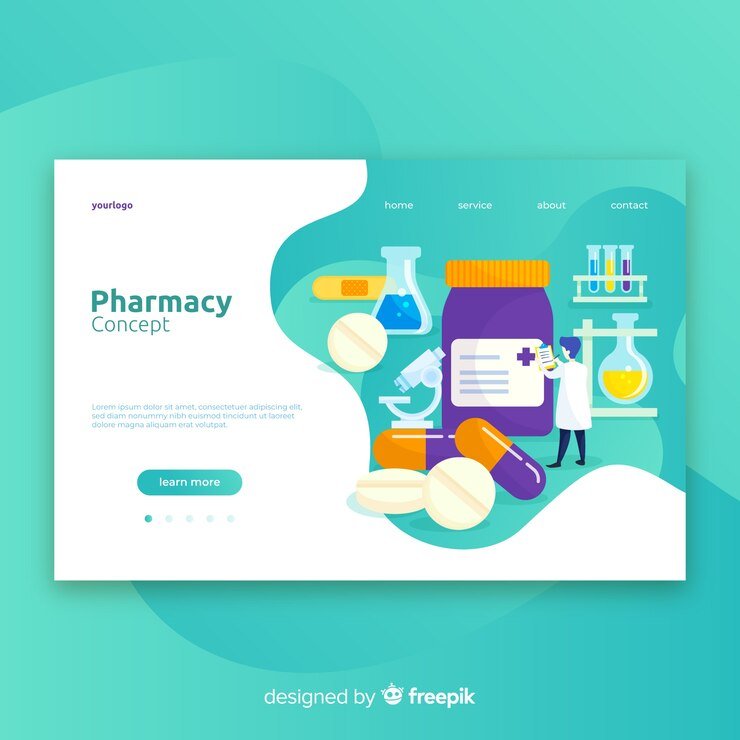In the realm of e-commerce, technological advancements have continually reshaped the landscape, enhancing user experiences, optimizing operations, and driving business growth. Among these advancements, Artificial Intelligence (AI) stands out as a transformative force, revolutionizing how e-commerce platforms operate, engage customers, and adapt to market dynamics. This article explores the multifaceted role of AI in modern e-commerce development, highlighting its applications, benefits, and future implications.
Understanding Artificial Intelligence in E-commerce
Artificial Intelligence encompasses a range of technologies that enable machines to perform tasks typically requiring human intelligence, such as learning, reasoning, problem-solving, and decision-making. In e-commerce, AI manifests through various applications that enhance efficiency, personalize experiences, and optimize business processes.
Applications of AI in E-commerce
- Personalized Recommendations: AI algorithms analyze customer behavior, purchase history, and preferences to deliver personalized product recommendations. This enhances user engagement and increases conversion rates by showcasing relevant items to each visitor.
- Predictive Analytics: By analyzing vast amounts of data, AI can forecast trends, anticipate customer needs, and optimize inventory management. This helps e-commerce businesses streamline operations, reduce costs, and improve supply chain efficiency.
- Chatbots and Virtual Assistants: AI-powered chatbots provide instant customer support, answer queries, and assist with purchases 24/7. Natural Language Processing (NLP) capabilities enable these bots to understand and respond to customer inquiries accurately.
- Visual Search: AI enables visual search capabilities, allowing users to upload images or use their device cameras to find similar products. This simplifies the search process and enhances user experience, particularly for fashion and home decor e-commerce sites.
- Dynamic Pricing: AI algorithms analyze competitor pricing, demand fluctuations, and customer behavior to adjust prices dynamically. This strategy maximizes revenue by offering optimal pricing in real-time.
- Fraud Detection and Prevention: AI algorithms detect suspicious transactions, patterns, and anomalies to prevent fraud in real-time. This protects both the e-commerce platform and its customers from financial losses.
- Supply Chain Optimization: AI optimizes logistics and supply chain management by predicting demand, optimizing routes, and improving inventory forecasting. This reduces costs, minimizes delivery times, and enhances overall efficiency.
Benefits of AI in E-commerce Development
The integration of AI into e-commerce development yields numerous benefits that drive competitive advantage and foster growth:
- Enhanced Customer Experience: AI-powered personalization and recommendation systems create tailored shopping experiences, leading to increased customer satisfaction and loyalty.
- Operational Efficiency: Automation of routine tasks, such as customer service inquiries and inventory management, frees up resources and enables staff to focus on strategic initiatives.
- Improved Marketing Strategies: AI-driven analytics provide actionable insights into customer behavior and preferences, enabling targeted marketing campaigns that yield higher ROI.
- Cost Savings: AI optimizes operations, reduces wastage, and prevents fraud, leading to significant cost savings over time.
- Scalability: E-commerce businesses can scale operations efficiently with AI, handling increased customer interactions and transactions without compromising service quality.
- Competitive Advantage: Early adopters of AI in e-commerce gain a competitive edge by delivering superior customer experiences, optimizing pricing strategies, and staying ahead of market trends.
Future Implications and Trends
Looking ahead, AI is poised to shape the future of e-commerce development in several key ways:
- Advancements in AI Algorithms: Continued advancements in machine learning and AI algorithms will further enhance accuracy, efficiency, and scalability in e-commerce applications.
- Integration with IoT and Big Data: AI will synergize with Internet of Things (IoT) devices and Big Data analytics to provide deeper insights into customer behavior and preferences.
- AI-driven Personalization: Hyper-personalized experiences will become the norm, with AI tailoring recommendations, content, and interactions based on individual customer data.
- Ethical and Regulatory Considerations: As AI adoption grows, addressing ethical concerns, such as data privacy and algorithm bias, will become increasingly important for e-commerce businesses.
- Rise of Voice Commerce: AI-powered virtual assistants like Alexa and Google Assistant will drive the growth of voice commerce, allowing users to shop and make purchases using voice commands.
- AI in Augmented Reality (AR) and Virtual Reality (VR): AI technologies will enhance AR and VR experiences, enabling virtual try-ons and immersive shopping experiences for customers.
Conclusion
The integration of Artificial Intelligence into modern e-commerce development represents a paradigm shift, empowering businesses to innovate, optimize operations, and deliver personalized experiences at scale. By leveraging AI applications such as personalized recommendations, predictive analytics, and chatbots, e-commerce platforms can enhance customer satisfaction, improve operational efficiency, and gain a competitive edge in a rapidly evolving market. As AI continues to evolve, its transformative impact on e-commerce promises to reshape the industry landscape, driving growth and innovation for years to come.
In conclusion, embracing AI in e-commerce development isn’t just about leveraging technology—it’s about creating smarter, more intuitive, and customer-centric online shopping experiences that propel businesses forward in the digital age. As businesses navigate this AI-driven future, those who strategically harness its power will undoubtedly lead the charge towards a more sophisticated, efficient, and customer-focused e-commerce ecosystem.













